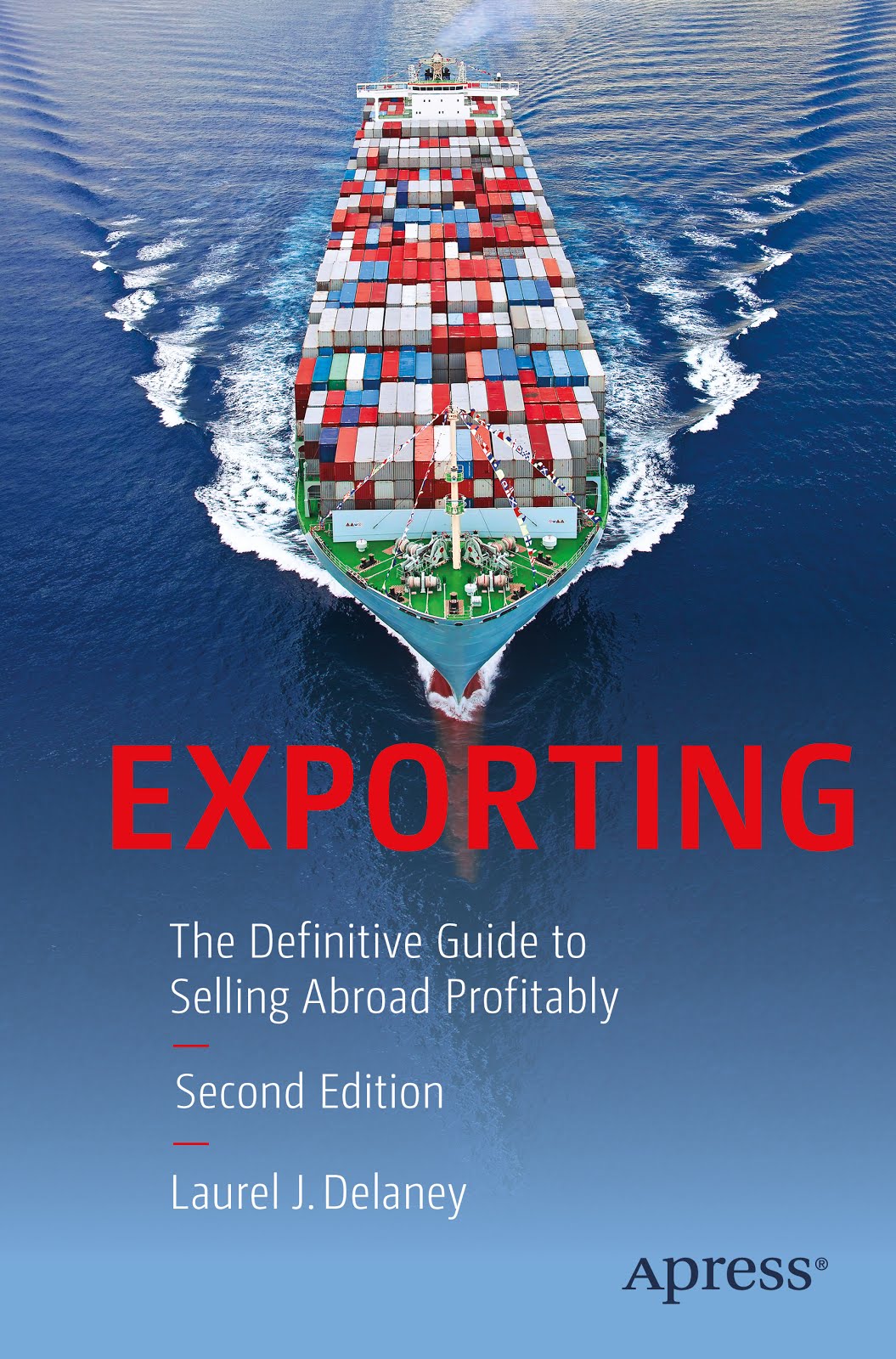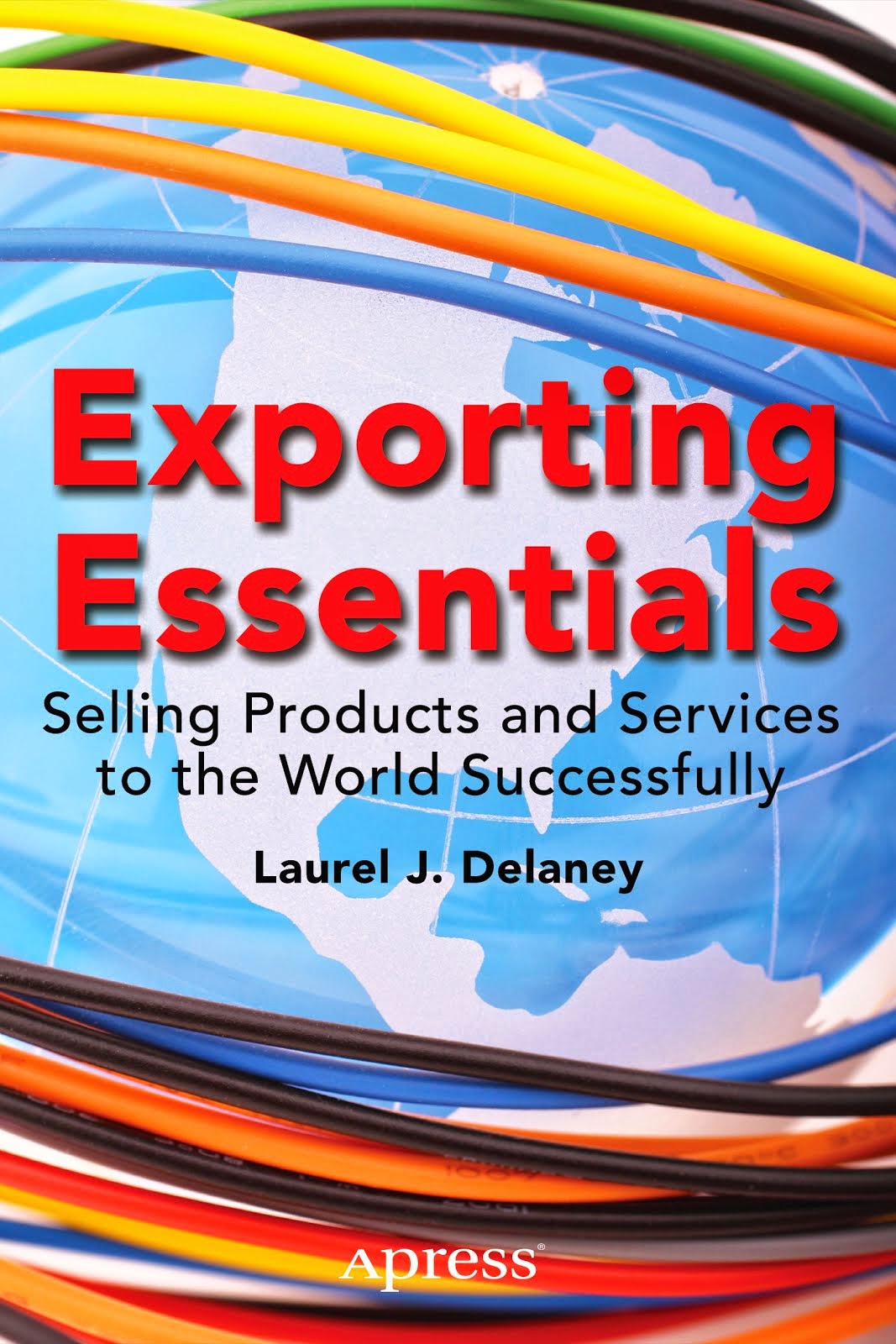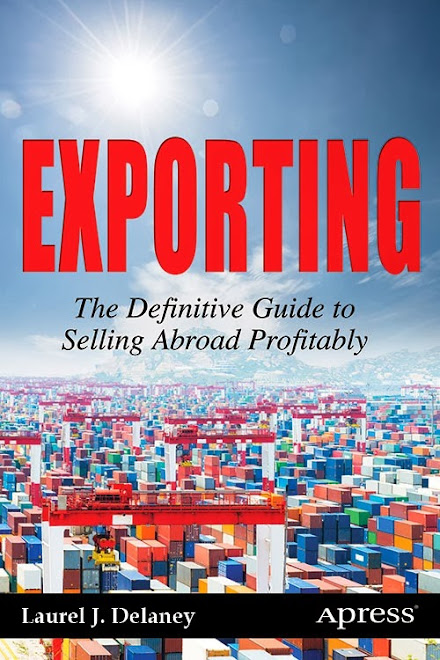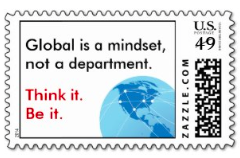Welcome from India ... from Jayanthi Iyengar
When Laurel first invited me to blog on India for Global Small Business, my immediate reaction was one of being overwhelmed. However, now that the first piece is done, I do wish to thank Laurel for making it happen. Writing on modern India and the new business environment in which the small businesses have to survive is a challenge. Had it not been for this blog, I would not have paid the subject the kind of attention that it merits.
The main reason why I felt overwhelmed when asked to write about India is the vastness of the subject. However, if I were asked to summarize India, I would describe the country as “unity in diversity”. This is not necessarily original. Yet, understanding this Indian trait could make a difference between success and failure while dealing with India.
Simply explained, it means that India is many countries rolled into one. This is the way that experts describe China too. However, there is a difference. China is held together by a cogent glue called socialism. With 1 billion population, India is the world’s largest democracy. That makes it move ahead at its own pace, unlike the disciplined march of Leninist China.
India has 28 states and 7 union territories. One would assume these are administrative divisions, which are irrelevant to global companies wanting to do business in the country. However, that is not the case. Each of these states is a country by itself. It has a distinct language, religion, culture, cuisine, dress code, and an administrative structure, which is independent of the Central or the federal government for purposes of governance.
To an outsider, this should sound both formidable and confusing, particularly if one comes from a country with a single government, or one with a single language. However, this is where the unifying factor comes in. Despite such diversity, what holds India together is a federal democratic structure, a 50-year legacy of a single party government, despite the existence of a strong Opposition, the English language, once consider the yokel of the British, but a major unifying factor today, which makes it possible for foreigners to navigate through most parts of India without mishap, a friendly people, who are used to outsiders and demonstrate a high level of comfort working with them, a young population, an affluent middle-class, a strong bureaucracy committed to modernization and globalization as well as educating the political leadership, and of course, the now-so-famous pool of skilled manpower.
I have intentionally not mentioned small businesses yet. The main reason is that the word itself needs an involved explanation, which will be taken up in the forthcoming pieces.
Jayanthi Iyengar
Some resources for general reading on India:
Cia.gov.in
Indiaimage.nic.in
Goidirectory.nic.in
Thursday, June 23, 2005
Subscribe to:
Post Comments (Atom)


















No comments:
Post a Comment